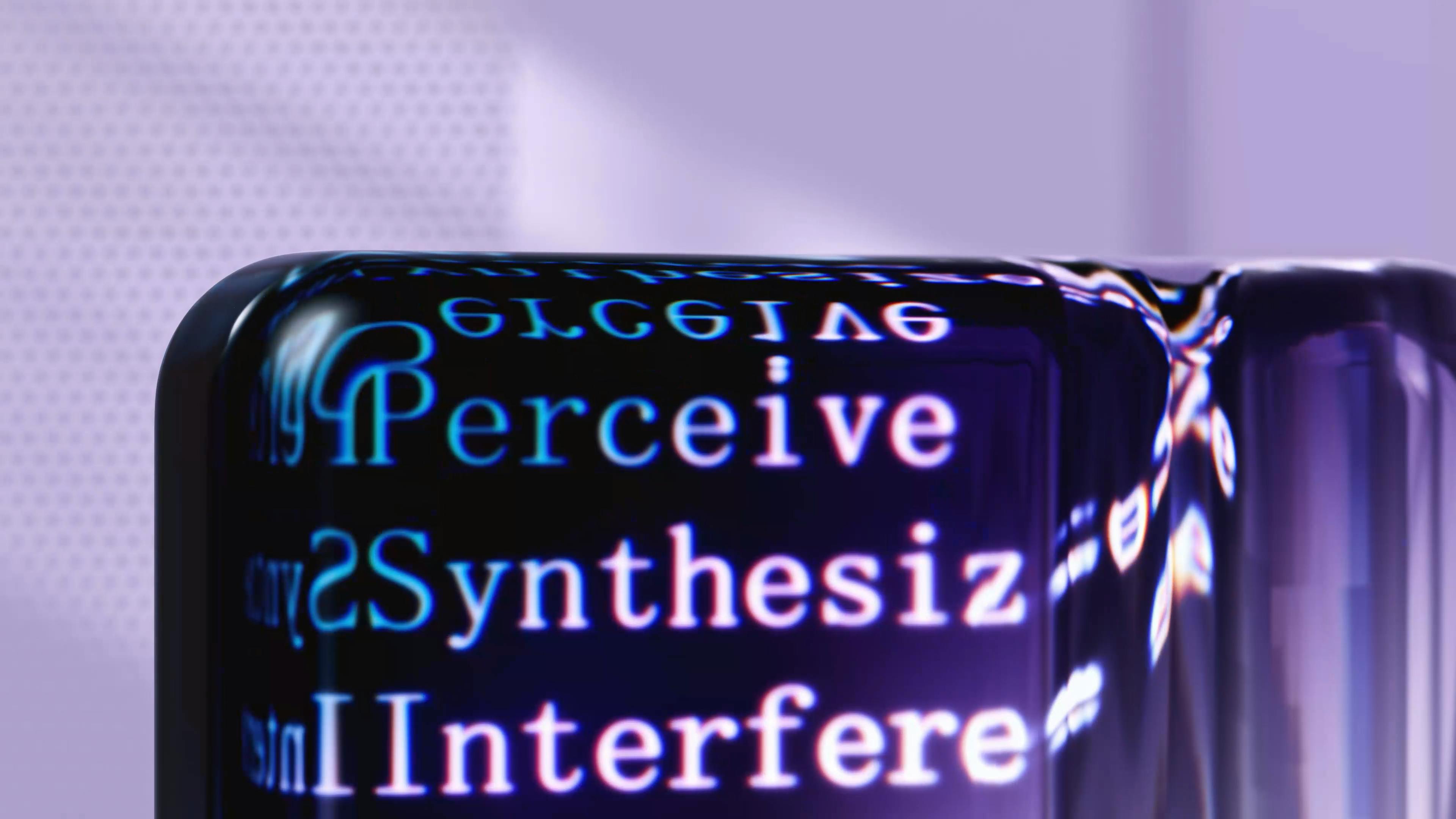I saw this phrase on Friday and it just made sense to me. Until then, I had been really uncomfortable with the idea I was seeing all over social media that we are all “in the same boat.” We aren’t.
This time is stressful and anxiety-producing for all of us. We are all potential victims of Covid-19. We are limiting our activities and missing our friends and family. We are unsure of what is to come and wish we had answers. While we share those burdens, there are many burdens we do not share.
Today, I feel incredibly thankful that I have safe housing. I am not afraid of the dangers that lurk for some while staying at home. I am able to buy both the food and supplies that I need. I have not had to wait in lines thousands of cars long to get staples for living. My job has gone online almost seamlessly and I have barely had to go outside. I am not worried that I will have to decide between my safety and my economic well-being.
I am not lucky, I am the beneficiary of systemic inequality. It begs the questions, who isn’t safe? Who is “unlucky”? Who suffers as a result of the current global social and economic systems?
I grew up not affected by the cumulative trauma of poverty and toxic stress. My cortisol levels were not affected by these circumstances resulting in reshaping my brain and affecting my long-term physical and mental health.
My household was not one where I experienced things like abuse, neglect, violence, divorce, homelessness or other adverse childhood experiences (ACEs). My neighborhood was not one where I experienced things like discrimination, violence, poverty, limited economic opportunity, or other adverse community environments (paired ACEs).
When I am sick, I have a consistent provider who knows me and advocates on my behalf. I have insurance and can pay for my care. I can take time away from work when I need and get regular preventive care.
I have not been discriminated against in the job market or educational settings because of the color of my skin or the sound of my name. I may have gotten paid less because I was a woman, but more than a woman of color would have been paid often in the same situation.
I was in a conversation with a colleague on Friday who used the phrase “examine your privilege”. I think it is high time that we all take a good look at our situations, history and resources. Where did our “luck” or lack thereof come from? How can we use this knowledge to change the systems that result in such stark inequity?
This crisis calls for a combination of empathy and action. We need to balance charity and the alleviation of suffering with changing the systems and narratives that simply don’t work for so many.
How are you striking this balance?




.jpeg)
.jpg)






